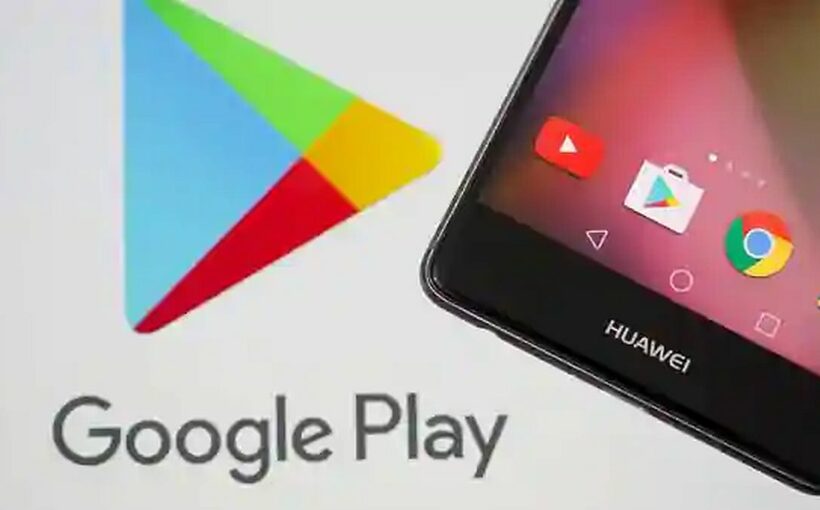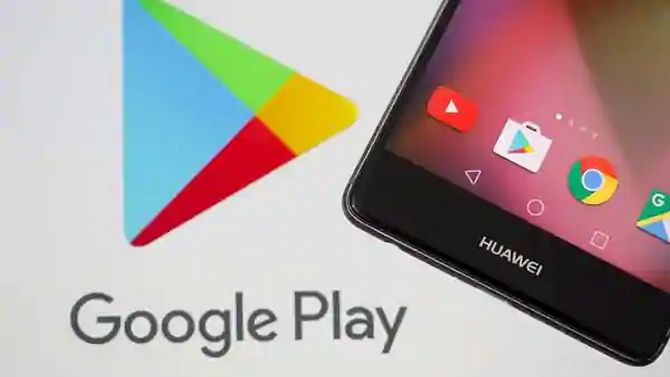Google Play will from July 1 slash its 30 per cent billing fee to 15 per cent for developers globally.
Indian industry snubbed Google Play’s decision to cut by half its commission for developers when they make $1 million in annual revenue for in-app purchases, saying the US tech giant may continue its “abrasive & monopolistic abuse” as it owns the Android system.
Google Play said Tuesday that beginning July 1 it would slash its 30 per cent billing fee to 15 per cent for developers globally when they make the first $1 million of their annual revenue.
“When we are forced to use a payment system that charges 15 % to 30% per payment, it can’t be acceptable by anyone!
“The digital India dream must not be ransom to such monopolies,” said Paytm founder and CEO Vijay Shekhar Sharma on Twitter.
Apple slashed the App Store developer fee by half to 15 percent from January 1, 2021, under its App Store Small Business Program.
“This is similar to what Apple had done recently. While Apple said it’ll reduce commission of 98 per cent of developers but Statista later revealed that those 98 per cent developers accounted for just 5 per cent of total app store revenue.
“Even if the commission is reduced to 15 per cent for everybody flat it is still very high,” said dating app TrulyMadly CEO and co-founder Snehil Khanor.
“The issue is not just the high commission but forcing app developers to remove other payment gateways, which provide the same service at 1-2 per cent commission and remits us money at t+1 as opposed to monthly settlement.
“As a developer, we should have a choice for what’s good for our business.
“While it is a good thing that they are doing something but it doesn’t solve the problem completely as of now,” said Khanor.
Experts have said that for startups, digital advertising is their primary mode of acquisition of customers, and Google reducing 30 per cent of billing to 15 per cent is still expensive for many.
This is because other payment modes, such as credit cards and debit cards, take a 1.5 per cent commission.
Google Play’s billing system is not required for apps that sell physical goods, for example, ride-hailing services.
“This move is likely to benefit boutique firms, individual app developers and early stage startups.
“The reduced commission on the first million makes a difference and incentivizes them to innovate on the platform.
“However, this is not going to appease large established app development companies in India that rely on Google’s services both for app distribution (Play Store) and the platform (Android),” said Manjunath Bhat, senior director analyst at research firm Gartner.
There is also a concern that today Google mentioned digital services and later, they could widen it to food delivery and companies offering physical services.
Many small and medium businesses are still navigating through the setbacks from the pandemic.
There are also fears of the not so old deeply problematic revenue share model between VAS (value-added service) providers (mainly digital goods) and Telcos.
Here telcos took up to 70 per cent revenue share from VAS companies on the pretext of discovery, marketing, collection.
In India, 98 per cent of people use mobile internet, more than 90 per cent of people use Android phones which gives Google control over many layers between customers and their service providers, industry experts have said.
“Google’s abrasive & monopolistic abuse of its dominant position in the mobile OS market with 96.18 per cent share with Android, this will further increase prices of digital products in India & finally all the cost will be borne by the end consumer…,” said Ritesh Malik, the founder of co-working firm Innov8 (which was bought by Oyo), on Twitter.
Indus OS, India’s homegrown operating system that has an app store of its own, said it does not charge developers any fee.
“Indus App Bazaar has always kept developers’ core interest at heart.
“We have supported self-sustainability efforts through developer analytics, localisation support, open audience, and Amazon Web Services benefits.
“Developers are key for the success of an enhanced app store ecosystem (EASE).
“Their ability to invest more in R&D would definitely help the industry move forward and bring to fore innovation.
“Indus App Bazaar does not charge a fee for hosting the app or on billing,” said Rakesh Deshmukh, co-founder and CEO, Indus OS.
Paytm’s Sharma had last year led a campaign along with other tech entrepreneurs for India to have its own app store.
This was preceded by Indian start-ups and unicorns claiming about Google abusing its monopoly, enforcing the billing system, and take a 30 per cent commission on the transactions.
All apps distributed on the Google Play Store, that were offering in-app purchases of digital goods, needed to use Google Play’s billing system.
Google had said this wasn’t new and its payments policy has always required this.
It had said Google Play billing had always taken a 30 per cent commission on these transactions.
It had said this will only apply to less than 3 per cent of developers with apps on Play Store, as 97 per cent anyway don’t offer in-app purchases of digital goods, and therefore don’t need to use Play billing services.
“Android has a critical role to play in India’s digital economy.
“It serves as a platform for innovation as well as a platform for transactions.
“Therefore, this announcement is important and a step forward.
“I doubt this is the end of the story though.
“It’s only the beginning of many twists and turns in the delicate dance between platform innovation, democratizing access to the platform and monetising platform services,” added Gartner’s Bhat.
Photograph: Dado Ruvic/Reuters
Source: Read Full Article

